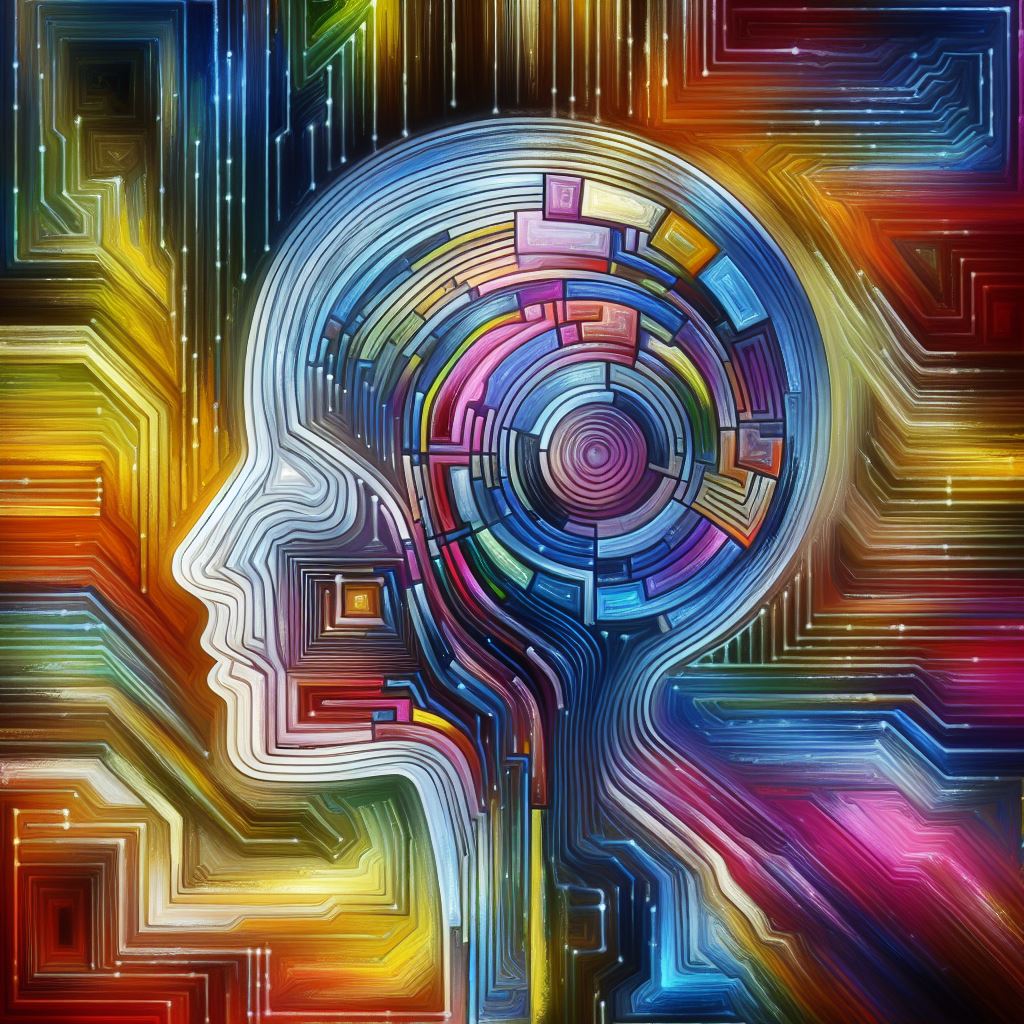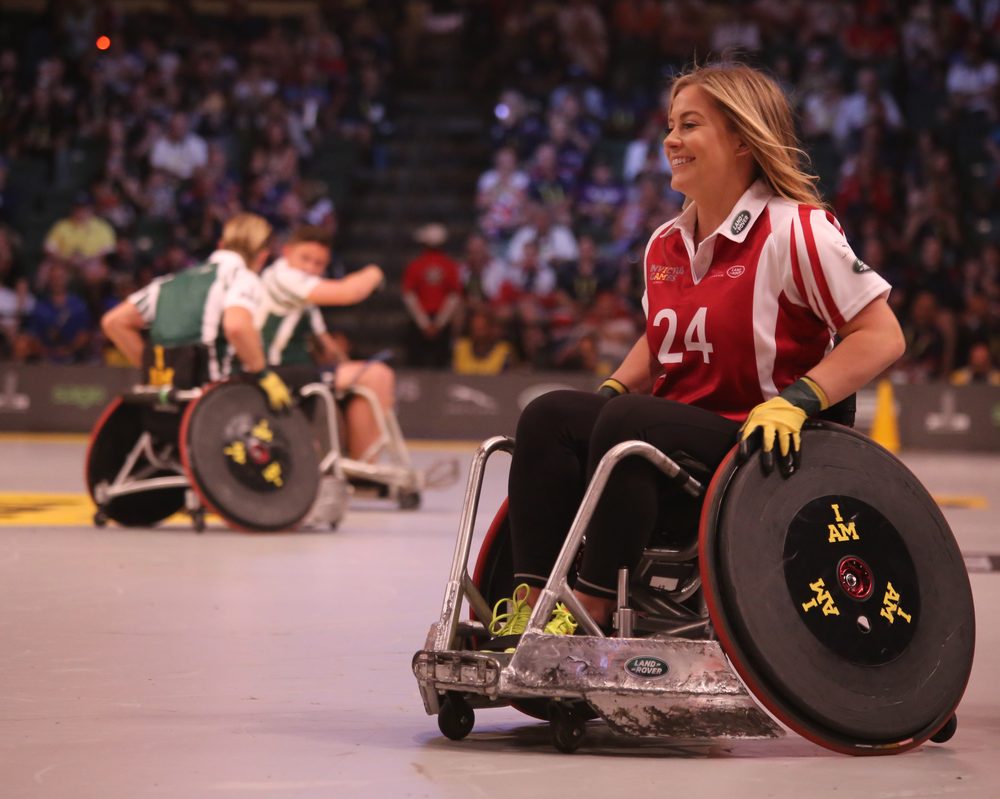The world treats a lot of the things I find easy as unusual or difficult. And it treats a lot of things I find nearly impossible as completely normal. Therefore I am disabled.
Interesting Links

Disability or Neurodiversity?
Is Autism a disability? Personally, I’ve resisted that label for a long time. Now I tend to use it. I wouldn’t force it on others – it’s rude to label people as “disabled” without their consent…
It can help a bit if we step back to think about what disability is. What about a wheelchair user? Are they disabled? What if they are a Paralympic athlete?

There are at least two different models of how disability works with autism – the disability model and the neurodiversity model. Both are partly right; and both are also partly wrong.
The disability model says that, fundamentally, autism isn’t the right way to be, and that neurotypical people are “right”. Difficulties experienced by the autistic person then come from their lack of ability to do certain things. Autistic people should aim to become more normal, and stimming is bad. For example, plenty of teachers when I was growing up said it was most important for pupils to sit still and be quiet and that, if I didn’t, there was something wrong with me. (As an autistic person, I could sit still, but only if the work was either very hard or by disengaging.)
The neurodiversity model, by contrast, says that there’s nothing wrong with being autistic; it’s just a different way of being. The difficulties that autistic people experience aren’t because of their deficit; it’s because society has been set up by neurotypical people to work in a way that fits with them and not with neurodiverse people. Sometimes this is held in a way that says it’s offensive to say there’s anything wrong with autistic people, even that autism can be a superpower.
In my experience, both are partly true and partly false. One of the ways that autistic people differ from each other is in the balance between disability and cultural difference. For me, it’s probably about 20% disability and 80% cultural difference. There may well be autistic people who have less disability than me; there are certainly some with more.
On the disability front, I can’t do lots of the sensory filtering that other people take for granted. I often have trouble understanding sloppy wording and usually miss a large fraction of non-verbal communication. There is genuinely something in my brain that doesn’t work properly. And yes, perhaps other bits of my brain might have developed more than usual to compensate…
But why should lack of ability to read body language count as a disability when other people’s lack of ability to do A-level Further Maths doesn’t? Fundamentally, it’s because most people have the body language skills and not the maths skills. My skill set is unusual, both for good and ill, and therefore society is largely set up for people who aren’t like me.
The world treats a lot of the things I find easy as unusual or difficult. And it treats a lot of things I find nearly impossible as completely normal. Therefore I am disabled.
For me, autism is a minor disability that leads to a significant difference in cultural expression from a neurotypical person. The vast majority (I’d guess 80%) of the difficulties I experience as an autistic person are because of cultural discrimination rather than the disability itself. Usually that discrimination isn’t deliberate or conscious, but it still happens, and has a devastating effect on the mental health of many people with autism.

What is Autism?
 This article is part of a series exploring some of the basics of autism.
This article is part of a series exploring some of the basics of autism.
The series is mostly written by John Allister, from his own perspective and experience.
“Autism” describes a wide range of experiences. For me, it is a minor disability that leads to a significant difference in cultural expression… 80% of the difficulties I experience from being autistic are because of the cultural differences rather than the disability itself.
